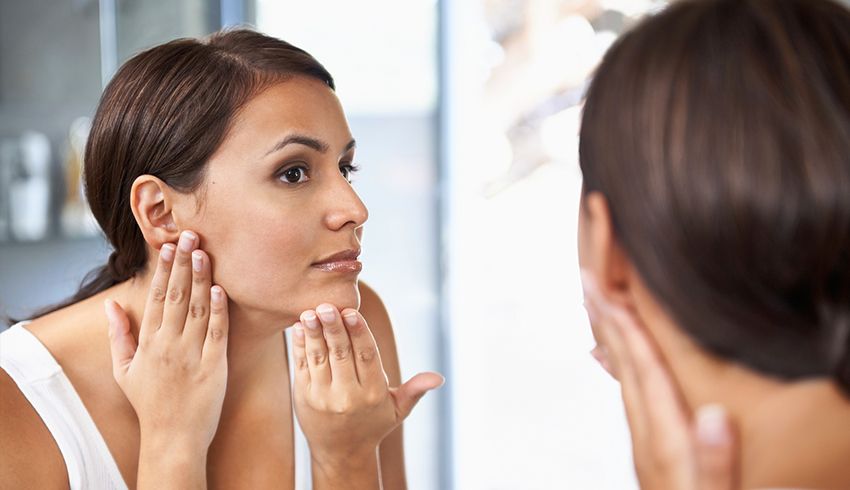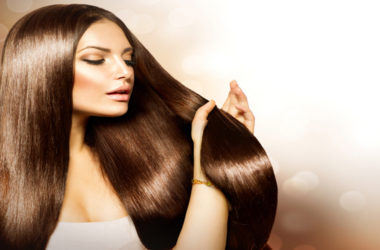Pieces of advice on beauty are a dime a dozen these days. You can obtain tons of them from various sources — fashion magazines, blogs, online tutorial videos, know-it-all co-workers and many others. Amidst the tried-and-tested tips and tricks on prettifying your skin, you’re sure to encounter myths that not only waste your precious time and money, but may also leave your appearance in some form of peril. Indeed, those beauty untruths should be overlooked!
The first step you need to take in order to have those myths busted is to separate them from sound tips that are actually followed by women on the planet who are genuinely happy with the way they look. The following are just a few of the most common skin care myths to bust:
Anti-Aging Products with Collagen are the Best
Collagen molecules in anti-aging products are simply too big to be able to penetrate the skin. Even if engineered collagen (as claimed by some manufacturers) may be absorbed by the skin, there is no evidence that it can actually fuse with collagen in your skin and get rid of those fine lines and wrinkles.
Putting on Makeup Can Cause Acne
No single study had ever concluded that makeup use can trigger acne formation. What’s the root of such myth? Women who are too lazy to remove their makeup thoroughly at the end of the day! So go ahead and hide your flaws and highlight your best facial features with makeup. Just remember to take it off completely before hitting the sack.
Acne Goes Away as You Age
Still on acne, a lot of teens bugged by acne can’t wait to grow older thinking that the unsightly issue will go away on its own. If that were true, how come there are people in their 20s, 30s and beyond who are battling acne? Proper treatment is the only way to put the cosmetic problem to an end.
Expensive Cosmetics are Better Than Cheap Ones
Regardless of the price tag, it’s for certain that you will encounter good and bad cosmetics. Shelling out a huge sum of cash won’t necessarily make you look your best. Similarly, you won’t damage your skin for opting for cheap but quality goods. Instead of focusing on the cost, pay attention to the product’s formulation as well as the manufacturer’s reliability.
All-Natural is Better for the Skin
It’s true that most ingredients derived from nature are more compatible with the human body’s chemistry. However, it doesn’t necessarily mean that something with the word “natural” stamped on its packaging is better for you. Likewise, not all synthetic ingredients are automatically bad for your skin. Again, it’s all about the formulation.
Drinking Lots of Water Can Solve Skin Dryness
Chugging plenty of water will only make you rush to the bathroom more often, and not keep your skin well-hydrated. Experts say that the most important thing to do to maintain proper hydration is to keep the skin’s outer barrier intact, such as by reducing sun exposure and the use of cosmetics with irritating ingredients, like alcohol.
Applying Mineral Oil is a Complete No-No
Even though mineral oil comes from crude oil (which is why many think that it’s terrible for the skin), the fact remains that it’s still from nature. If truth be told, mineral oil is actually superb for dry skin, according to skincare specialists. Those with oily skin may not like the texture of it, but there is no evidence that mineral oil can clog up the pores.
Age Spots are Bound to Appear as You Get Older
Despite of what they’re called, age spots have nothing to do with your age. You can be in your early 20s and already have them — they are caused by excessive exposure to the sun. Young or old, no one is exempted from developing age spots or liver spots or sunspots — or what ever name you wish to call them.
Do you know of other skin caring ideas that sound like they’re facts but are actually nothing more than myths that need to be busted? Feel free to post them below!













